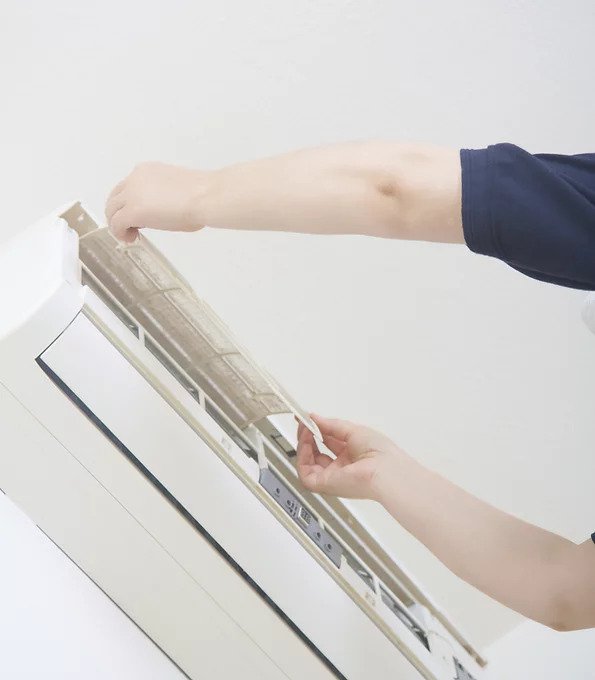Local HVAC Companies Livonia
Why should I use equipment equipped with variable-speed fans?
Variable speed equipment tends to be more efficient, and can create a more comfortable atmosphere for you. Traditional systems only monitor temperature and have one-speed fans. Variable-speed fans in variable airflow systems run at lower speeds, when they aren't needed. They can also sense temperature and humidity. These systems also remove more moisture that traditional systems, increasing comfort when it gets hotter. Variable speed fans are usually quieter since they can run more slowly when needed.

What is the difference between a compressor with two stages?
Two-stage compressors work in two stages. Some two-stage compressors use one compressor with two levels, while others use two separate compressors. In either case the unit runs on the lower stage, which is less full-power than it needs, for the majority. On the hottest of days, however it runs in stage 2, which is full capacity. It's not always running at maximum capacity so it is more efficient. This will allow you to save on your energy bills. Variable speed compressors are an option to two-stage compressors. This compressor has a lower operating capacity, and is therefore more efficient.
What is a dual -fuel system?
A dual-fuel system is a combination of a heatplug, an indoor loop, and a gas furnace. These three components work together to heat your residence. The furnace is used for backup. If the temperature drops to below a certain point the heat pump won't be able or able to provide the heating you need and will turn on the furnace. This is a highly efficient system that could save you money. Call us for a consultation to find out if a dual engine system is best for you.
Local HVAC Companies LivoniaWhat should I set my thermostat for?
In terms of energy efficiency, it is generally accepted that the higher the heat, the better. The lower the heat, in winter. But the purpose of furnaces or air conditioners is to keep your house comfortable. Find the perfect balance between comfort, energy efficiency, and both. Our recommendation is to keep your thermostat between 78 and 68 degrees in summer. This will ensure lower energy bills and better efficiency. You can also influence the temperature by your personal preferences as well as your home's efficiency, including insulation, air filters and ducts. Ceiling fans, blocked vents and other factors all play a role in your home's optimal temperature.
Is R-22 refrigerant being discontinued?
Yes. R-22 is banned in new equipment. R-22 is still manufactured because it is used by many existing residential air conditioner units. However, R-22 is slowly being phased away. R-22 production will drop by 99.5% beginning January 1, 2020. It will become difficult to find and more expensive. Consider switching to a different system if your current system uses R-22 refrigerant.
What can I do in case my system does not work properly in certain rooms?
Even if your thermostat is the only one, it's normal for there to be some variation in the temperature between rooms. It can also indicate a problem with your air filtration or poorly designed ducts. To identify the problem, we will offer solutions.
What is Emergency Heat, exactly?
Simply put, any Heat Pump operating in northern climates below 35°F will need to have a supplementary heating source. It is usually electric resistance heating that is used at the indoor unit. This is an allelectric Heat Pump. However it could also be a gas or oil backup-up system. You can also refer to this supplemental heat as second-stage (or back-up) heating. The Heat pump is only the first-stage. Your emergency heat is the heat that you get from your supplemental heat (2ndstage), without having to use your heatpump (1ststage). Different thermostats and systems will have different ways of determining the time when the second-stage heat kicks in to heat the heat pump. However, it is always done automatically. The two stages can work together in winter months. You don't have to change your thermostat for Emergency Heat. We know now that Emergency Heat refers to when you turn off your supplemental heat.